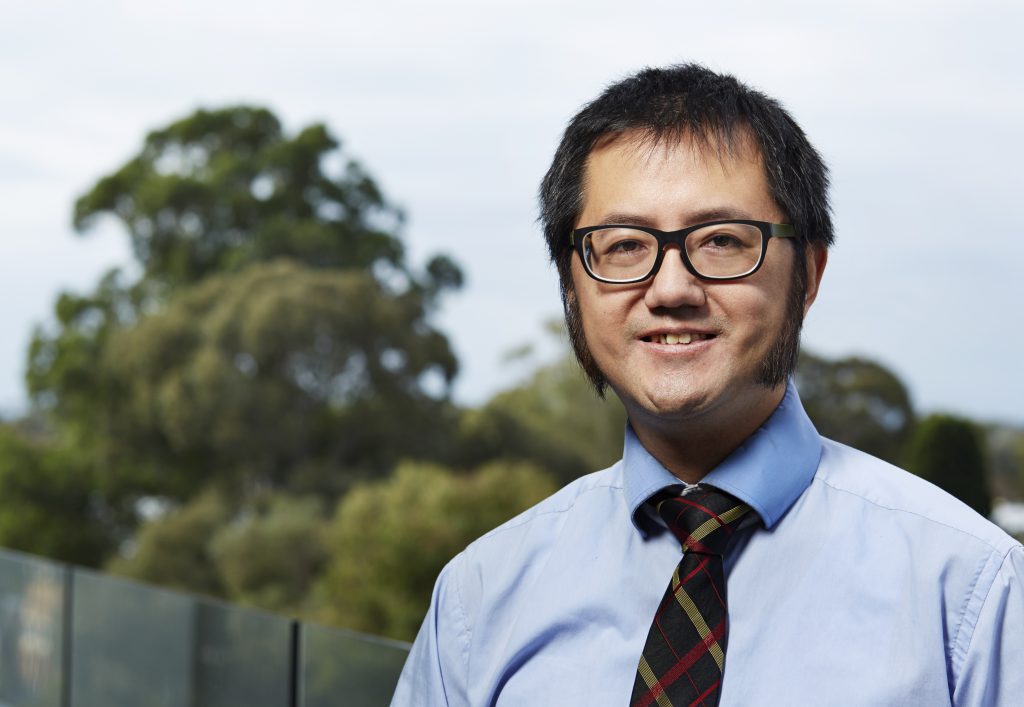
With a holiday season of blissful self-indulgence and dietary lapses behind us, many of us will now shift gears and adopt New Year’s resolutions that put us on the road towards improved health in the year ahead. Whether you are determined to kick an unhealthy habit, lose weight or to run a marathon, visiting your […]
With a holiday season of blissful self-indulgence and dietary lapses behind us, many of us will now shift gears and adopt New Year’s resolutions that put us on the road towards improved health in the year ahead.
Whether you are determined to kick an unhealthy habit, lose weight or to run a marathon, visiting your regular GP can be the starting point on your road to success.
“It’s good to want a change and creating a New Year’s resolution isn’t all that bad an idea”, says Dr Michael Tam, a researcher at the Ingham Institute’s General Practice Unit, and senior lecturer at the Discipline of General Practice, the University of Sydney.
“However, to maximise the likelihood of success with behaviour change, you need back-up and support. Your doctor can provide guidance or direct you to support services to make sure you’re in it for the long haul.”
“Planning, thinking, and talking with family and loved ones so they can support you is as important as the resolution itself. And sometimes the focus should not be on less, but more. More sleep, more fresh fruit and vegies, more water, and more daily steps on the path to a healthier lifestyle.”
“For example, many people see diabetes as a sugar-based condition,but a person who lives with diabetes and smokes can halve their risk of a heart attack a year after quitting.”
GPs are here to empower people to make a change and to build on their good intentions.
And when you ready to run that half marathon, you can do so with the doctors, scientists, and medical researchers from the Ingham Institute of Applied Medical Research.
Join the team on May 20 at Sydney Morning Herald’s Half Marathon or show your support at: inghaminstitute-smhhalfmarathon.everydayhero.do


Leave a Comment